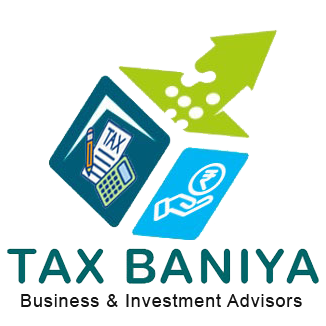Professional tax is a mandatory levy imposed by state governments on various professions, trades, and employments, not limited to just professionals. It applies to employees, business owners, freelancers, and others whose income exceeds a specified threshold. Despite its name, it’s not solely for professionals. This tax is deductible from taxable income under the Income-tax Act of 1961.
The rate of professional tax varies across states and is typically based on income slabs. However, there’s a maximum cap of Rs 2,500 set by Article 276 of the Constitution. The Commercial Tax Department collects professional tax on behalf of the state government, with funds usually directed to municipal corporations.
Employers are responsible for deducting and remitting professional tax for their employees, subject to state-specific regulations. Employers must obtain registration certificates to pay professional tax on their own trade/profession and to deduct it from their employees’ salaries. Freelancers must also register themselves, subject to any monetary thresholds set by their state.
Payment methods for professional tax vary by state and can be made online or offline. Salaried individuals usually have this tax deducted and remitted by their employers.
Certain categories are exempt from professional tax, including members of the armed forces, individuals with disabilities, parents of disabled children, and others specified by state laws.
Failure to comply with professional tax regulations can result in penalties, varying by state. Late registration, payment, or return submission may incur fines or interest charges. For instance, in Maharashtra, penalties range from daily fees for late registration to monthly interest on late payments and penalties for non-payment or delayed filing of returns.

Call / WhatsApp : 8928231748
Professional Tax (PT) Consultants in Mumbai, Maharashtra
PTRC Consultants in Maharashtra

